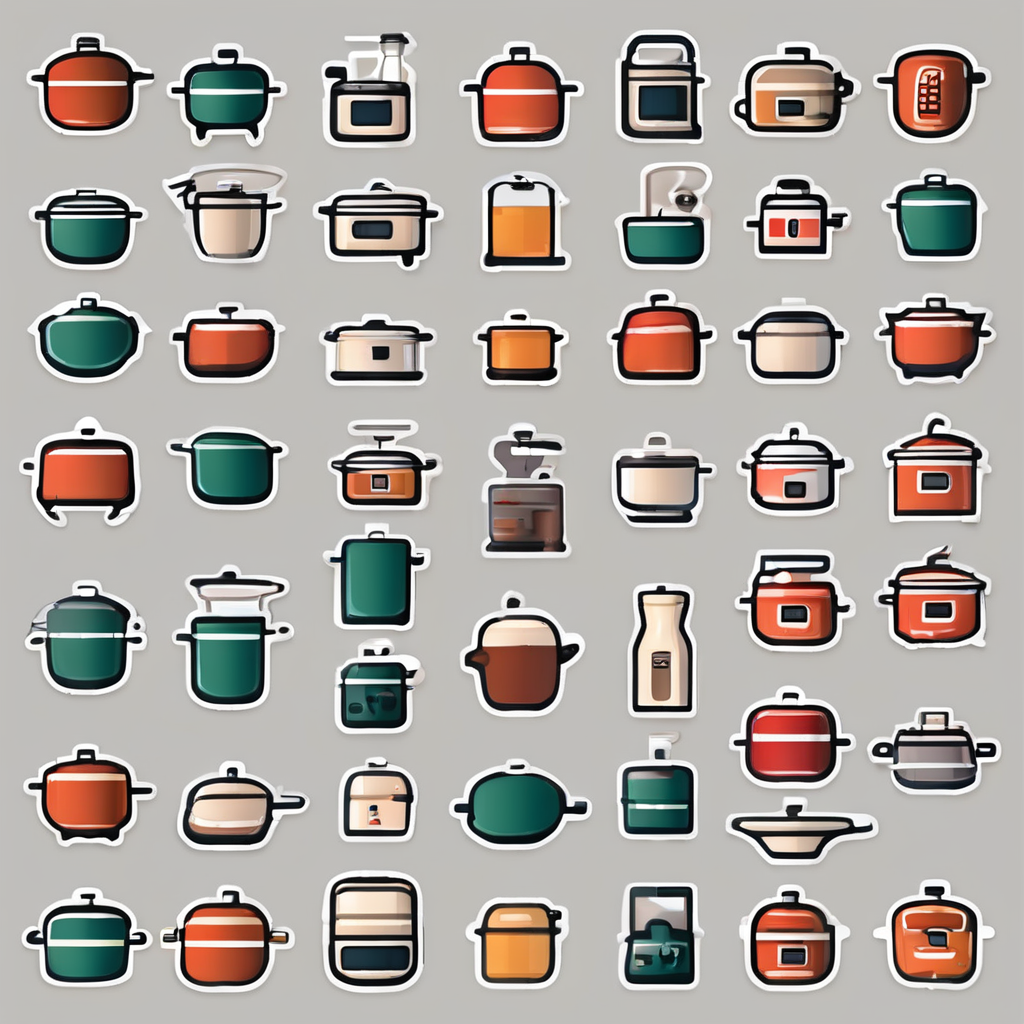Overview of Training Programs for UK Restaurant Staff
Training programs for UK restaurant staff training encompass a variety of essential areas designed to enhance both operational efficiency and guest satisfaction. These programs are structured to cover key disciplines such as food safety, customer service, management skills, and health and safety. Each type of training serves a distinct purpose but collectively shapes well-rounded employees prepared for the dynamic demands of the restaurant industry.
The importance of restaurant staff development through formal training lies in establishing consistent standards of service and compliance with legal regulations. Trained staff contribute to better food hygiene practices, improved guest interactions, and safer workplaces. For example, formal food safety training significantly reduces the risk of contamination, while customer service courses empower front-of-house teams to handle guest needs effectively.
Also to discover : What Makes a UK Kitchen the Heart of Every Home?
In the UK, adherence to industry standards is fundamental. Training programs ensure compliance with regulatory frameworks and elevate the professionalism within the sector. Well-structured training also supports career progression by equipping staff with skills needed for supervisory or managerial roles. In summary, the comprehensive nature of training program types available provides a vital foundation for maintaining quality and safety in UK restaurants.
Food Safety Training Courses
Food safety training UK is a critical component within UK restaurant staff training, focusing on the knowledge and skills required to handle food safely and prevent contamination. The foundation of this training lies in recognised certifications, typically divided into Level 1, 2, and 3 Food Hygiene courses. Level 1 covers basic principles suitable for all employees, Level 2 targets those directly handling food, and Level 3 is designed for supervisors and managers who oversee food safety protocols. These courses ensure that restaurant staff development addresses specific food safety requirements mandated by law.
This might interest you : How do UK kitchen restaurant bars integrate cultural influences into their menus?
Food hygiene certification from accredited providers such as Highfield, City & Guilds, and NCASS guarantees that the training meets national standards. These certifications are not only essential for compliance with statutory regulations but also demonstrate a restaurant’s commitment to maintaining high hygiene standards, reassuring customers and inspectors alike.
Legal requirements for food handlers in the UK demand that all staff involved in food preparation or service undergo suitable food safety training. Failure to comply can result in penalties or closure by enforcement agencies. Successful completion of food safety training UK equips employees with practical skills, from proper handwashing and storage techniques to identifying hazards and managing cross-contamination risks.
In summary, food safety training UK is foundational for maintaining a safe dining environment through structured, certified training program types that cover necessary food safety requirements comprehensively. This training directly enhances restaurant staff development by fostering competence and confidence in food hygiene practices.
Customer Service and Hospitality Skills
Customer service training UK is a vital component of UK restaurant staff training, focusing on enhancing the guest experience through effective communication and interpersonal skills. These hospitality skills courses are designed primarily for front-of-house staff, including servers, hosts, and bartenders. The goal is to equip employees with the ability to manage customer expectations, handle complaints gracefully, and create a welcoming atmosphere that encourages repeat visits.
Restaurant customer service training often comes in various formats, including online modules, in-person workshops, or blended learning approaches. Online training for restaurant staff provides flexibility and accessibility, allowing employees to learn at their own pace. In contrast, in-person hospitality courses offer interactive role-playing and immediate feedback, which can be especially beneficial for developing practical skills. Blended learning hospitality programs combine these methods to maximize engagement and retention.
The impact of customer service training UK on guest satisfaction is significant. Staff who have undergone such training demonstrate improved confidence and professionalism, resulting in smoother service and stronger customer relationships. Well-trained teams are better prepared to anticipate and meet guest needs, increasing overall satisfaction and fostering positive reviews—a crucial factor in the competitive UK restaurant market.
In summary, investing in restaurant customer service training is essential for restaurant staff development, improving both operational effectiveness and the dining experience.
Health and Safety Training for Restaurant Staff
Health and safety training UK is a crucial pillar of UK restaurant staff training, addressing the need to maintain a safe working environment. This training ensures that employees understand potential hazards, how to prevent accidents, and comply with legal obligations, thereby reducing workplace injuries and safeguarding both staff and customers.
Common training program types include courses like Health & Safety Level 2 and Manual Handling, which cover vital topics such as risk assessments, emergency procedures, and safe lifting techniques. These courses are tailored to restaurant settings where physical tasks and public interaction are frequent, emphasizing practical skills to manage daily safety challenges effectively.
Compliance with workplace safety restaurant regulations is mandatory under UK law, making these training programs essential for meeting Health and Safety Executive (HSE) standards. Recognized certification bodies provide accredited courses that validate skills learned and demonstrate a restaurant’s commitment to health and safety compliance.
By investing in health and safety training UK, restaurants ensure employees are equipped to identify hazards and respond appropriately, fostering a culture of safety that benefits overall restaurant staff development. This proactive approach not only helps avoid costly accidents but also supports operational continuity and enhances staff confidence in handling workplace risks.
Leadership and Management Training
Leadership and management training is a vital training program type within UK restaurant staff training, aimed at developing supervisors and managers who drive restaurant success. These courses equip participants with essential skills in team leadership, conflict resolution, operational planning, and staff supervision. By focusing on hospitality-specific challenges, these programs prepare leaders to foster a productive and motivated workforce.
Typical restaurant management training UK courses include accredited qualifications from recognised institutions such as the Institute of Leadership and Management (ILM) and the Chartered Management Institute (CMI). These programs provide nationally recognised certifications that enhance career progression and professional credibility in the hospitality sector. Such accreditation ensures that management training meets the high standards demanded by the industry.
Upskilling existing staff through tailored hospitality leadership courses supports seamless promotion pathways and helps retain talent within the restaurant environment. These courses often blend practical management techniques with strategic thinking, ensuring leaders can handle day-to-day operations effectively while also contributing to long-term business goals.
In summary, leadership and management training in UK restaurants plays a critical role in restaurant staff development by delivering practical and accredited training program types designed specifically to meet the demands of supervisory and managerial roles.
Training Formats: Online, In-Person, and Blended Learning
Selecting the right training program types for UK restaurant staff training depends largely on delivery methods, which include online training for restaurant staff, in-person hospitality courses, and blended learning hospitality models. Each format offers unique benefits tailored to different operational needs and learning styles.
Online training for restaurant staff provides unmatched flexibility and accessibility, allowing employees to complete modules at their own pace and accommodate varying work schedules. This method is especially suitable for busy restaurants or geographically dispersed teams. Moreover, online platforms often include interactive content and assessments that help reinforce learning efficiently.
In contrast, in-person hospitality courses deliver hands-on experience and real-time feedback. These traditional sessions foster engagement through role-playing and group discussions, which are vital for developing practical skills like customer interaction and team collaboration. However, they require staff to be physically present at scheduled times, which might challenge restaurants with fluctuating staff availability.
Blended learning hospitality solutions combine these approaches, leveraging the flexibility of online training with the effectiveness of face-to-face instruction. This hybrid model maximizes knowledge retention by providing theoretical foundations online and applying them practically in workshops or coaching sessions. It supports comprehensive restaurant staff development by catering to diverse learning preferences and operational demands.
Ultimately, integrating multiple formats within the UK restaurant staff training framework enables restaurants to balance efficiency, engagement, and quality, enhancing overall training outcomes while meeting industry standards effectively.
Overview of Training Programs for UK Restaurant Staff
Effective UK restaurant staff training comprises various training program types that collectively drive restaurant staff development. These include food safety, customer service, management, and health and safety training, each targeting specific skill sets essential in the restaurant environment. Through focused education, staff gain competence that elevates operational standards and enhances guest experiences.
The purpose of formal training is to equip restaurant employees with practical knowledge and skills while establishing consistent performance benchmarks. This structured approach ensures adherence to industry regulations and fosters a culture of professionalism. For example, food safety training reduces contamination risks, whereas leadership courses prepare supervisors for team management, showing how diverse training types interlink to support overall development.
Beyond individual skills, these training programs uphold industry standards crucial to maintaining legal compliance and quality assurance. Regulatory bodies expect restaurants to implement comprehensive staff training, making it not merely beneficial but essential. Consequently, investing in such training improves safety, service quality, and operational efficiency, yielding tangible benefits for both staff and business outcomes.

